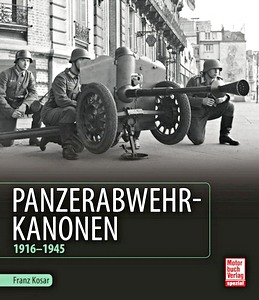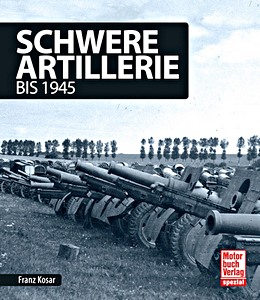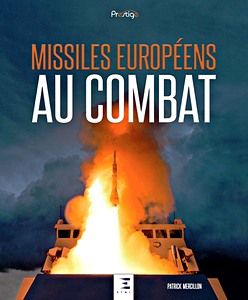Panzerabwehrkanonen 1916-1945
Als im Ersten Weltkrieg die ersten Panzerkampfwagen auf Seiten der Alliierten zum Einsatz kamen, musste gegen diese neue Bedrohung eine Abwehrwaffe gefunden werden. Weil Artillerie für diese Aufgabe nicht wirklich geeignet war, entwickelten die Kriegsparteien schliesslich eine spezielle Waffe dafür, die sogenannte Panzerabwehrkanone.

Franz Kosar beschreibt in diesem Buch die ganze Entwicklung der Panzerabwehrkanonen von ihren Anfängen 1916 über die Zwischenkriegszeit, den Zweiten Weltkrieg bis in die Zeit danach. Dabei berücksichtigt er die Besonderheiten und Waffenmodelle individueller Länder wie Deutschland, Frankreich und USA.

Details
| Autor: | Franz Kosar |
|---|---|
| Ausführung: | 192 Seiten, 26.5 x 23 cm, gebunden |
| Abbildungen: | 205 s/w-Abbildungen und 23 Zeichnungen |
| Sprache: | Deutsch |
| Verlag: | Motorbuch Verlag (D, 2018) |
| ISBN: | 9783613040144 |

Panzerabwehrkanonen 1916-1945
Sprache: Deutsch
Preis, Verfügbarkeit und Bewertungen auf Amazon und Thalia ansehen
Kaufen bei Amazon DEKaufen bei Thalia DE








